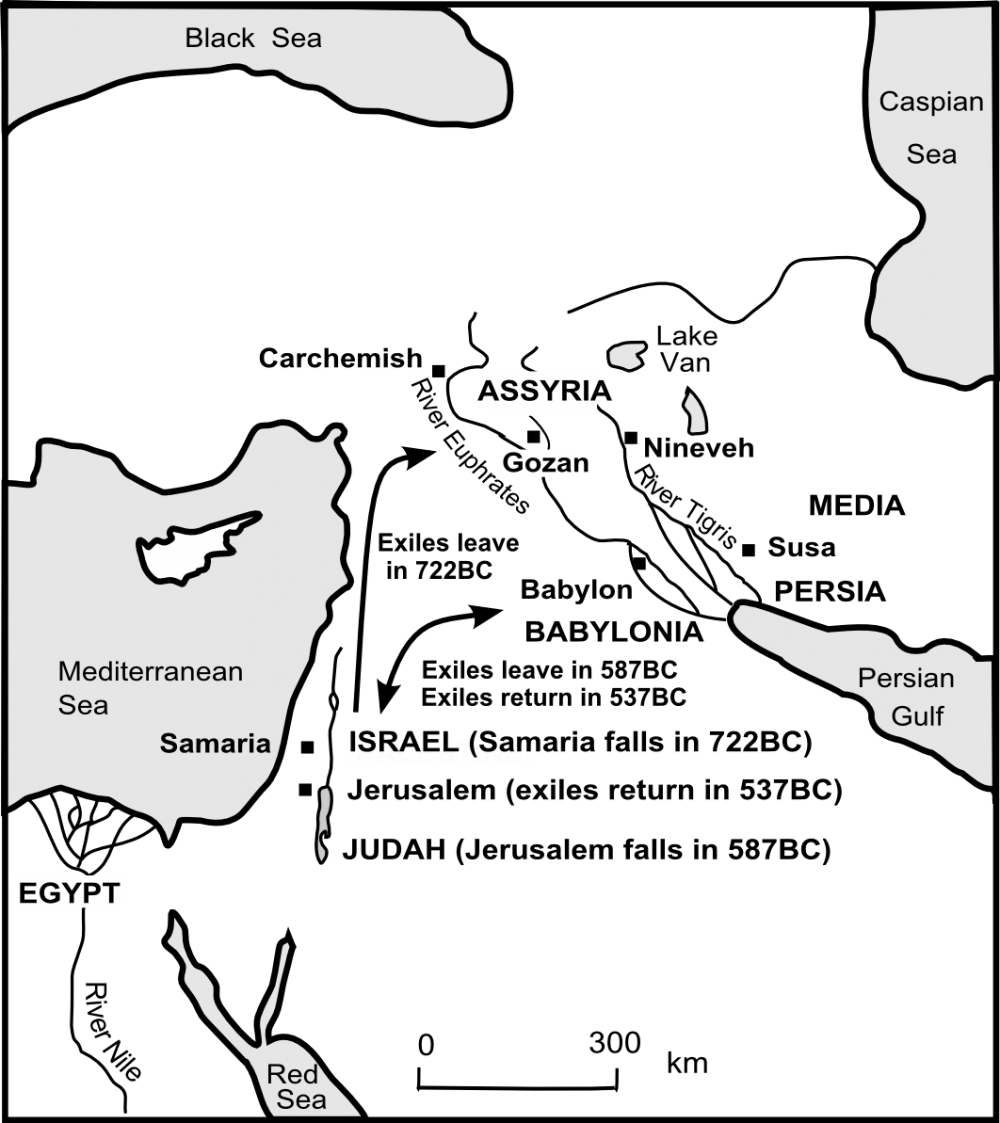28 Nov. Who wrote the Book of Isaiah?
“This is the vision Isaiah son of Amoz saw about what would happen to Judah and Jerusalem. Isaiah saw these things while Uzziah, Jotham, Ahaz and Hezekiah were kings of Judah.”
“Heaven and earth, listen, because the LORD is speaking: ‘I raised my children and helped them grow up, but they have turned against me. An ox knows its master, and a donkey knows where its owner feeds it, but the people of Israel do not know me; my people do not understand.’”
“How terrible! Israel is a nation of sin, a people loaded down with guilt, a group of children doing evil, children who are full of evil. They have left the LORD; they hate God, the Holy One of Israel, and have turned away from him as if he were a stranger.”
“Why should you continue to be punished? Why do you continue to turn against him? Your whole head is hurt, and your whole heart is sick. There is no healthy spot from the bottom of your foot to the top of your head; you are covered with wounds, hurts and open sores that are not cleaned and covered, and no medicine takes away the pain.”
“Your land is ruined; your cities have been burnt with fire. While you watch, your enemies are stealing everything from your land; it is ruined like a country destroyed by enemies…”
“The LORD says, ‘I do not want all these sacrifices. I have had enough of your burnt sacrifices of rams and fat from fine animals. I am not pleased by the blood of bulls, lambs and goats. You come to meet with me, but who asked you to do all this running in and out of my Temple’s rooms?’”
“’Don’t continue bringing me worthless sacrifices! I hate the incense you burn. I can’t stand your New Moons, Sabbaths and other feast days; I can’t stand the evil you do in your holy meetings. I hate your New Moon feasts and your other yearly feasts…’”
“’Even if you say many prayers, I will not listen to you, because your hands are full of blood. Wash yourselves and make yourselves clean. Stop doing the evil things I see you do. Stop doing wrong. Learn to do good. Seek justice. Punish those who hurt others. Help the orphans. Stand up for the rights of widows.’”
“’If you become willing and obey me, you will eat good crops from the land. But if you refuse to obey and if you turn against me, you will be destroyed by your enemies’ swords.’ The LORD himself said these things.”
(Isaiah 1:1-7,11-14,15-17,19-20)

The Book of Isaiah is a mixture of prophetic sayings and historical accounts spanning a period of over two hundred years - from 737 to 537BC.
It begins with a collection of sayings of the prophet Isaiah, son of Amoz, written to the people of Judah and Israel between 737BC and 716BC - shortly after Hosea and Micah. Isaiah prophesied to the people of Judah during the reigns of Uzziah (Azariah) (767-737BC), Jotham (747-731BC), Ahaz (731-716BC) and Hezekiah (727-699BC) (see 2 Kings 15:1-7, 15:32-16:20, 18:1-20:21).
Isaiah predicted the fall of the northern kingdom of Israel (which occurred in 722 BC) and the return of the exiles from Assyria (Chapters 1-35). This is followed by a historical account of the kingdom of Judah during Hezekiah’s reign (727-699BC) (Chapters 36-38), and a prediction of the fall of Jerusalem and the subsequent exile in Babylonia (Chapter 39) (see the map).
The second part of the Book of Isaiah (presumably written by a different author as there is a gap of over a hundred years) contains words of comfort to those who are in exile in Babylonia following the fall of Jerusalem in 587BC (Chapters 40-55). It then encourages the exiles who have returned to Jerusalem after 537BC to be faithful in their worship of the LORD (Chapters 56-66).
In today’s passage, Isaiah rebuked the people of Judah for their rebellion against the LORD: “How terrible! Israel is a nation of sin, a people loaded down with guilt, a group of children doing evil, children who are full of evil. They have left the LORD; they hate God, the Holy One of Israel, and have turned away from him as if he were a stranger." (Isaiah 1:4)
The prophet told them that the LORD rejected their sacrifices: “I do not want all these sacrifices. I have had enough of your burnt sacrifices of rams and fat from fine animals. I am not pleased by the blood of bulls, lambs and goats." (Isaiah 1:11)
Instead, Isaiah insisted that the LORD called only for repentance: “Wash yourselves and make yourselves clean. Stop doing all the evil things I see you do. Stop doing wrong. Learn to do good. Seek justice. Punish those who hurt others. Help the orphans. Stand up for the rights of widows." (Isaiah 1:16-17)
The map shows the fall of Israel and Judah, as predicted in the Book of Isaiah.
You can read more about Isaiah @ The Bible Journey | Introduction to the Book of Isaiah
